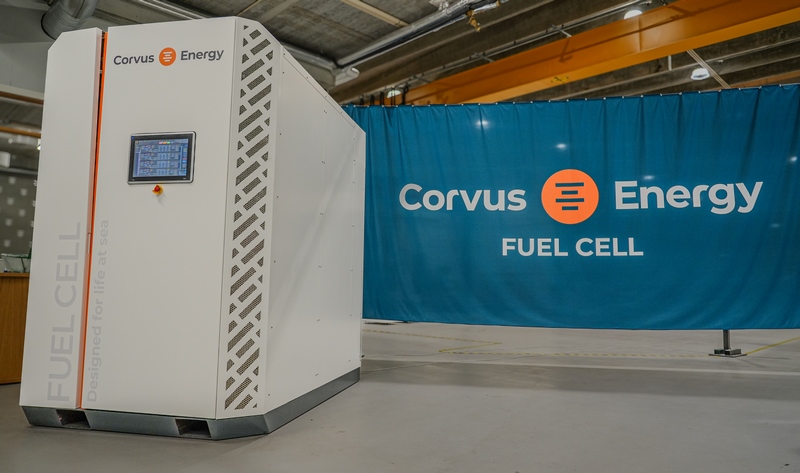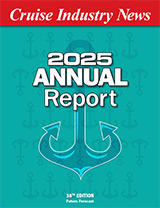Corvus Energy announced that the Corvus Pelican Fuel Cell System has received Type Approval from DNV.
According to the company, this is the first inherently gas-safe Fuel Cell System (FCS), making it the safest in the market. DNV’s approval confirms the system meets the highest performance and safety standards in the maritime industry.
Olaf Drews, head of engines and pressurized equipment maritime said: “It is a special fuel cell system because the Pelican uses nitrogen for inerting of the fuel cell space. It is the first fuel cell system that uses this technology and this brings it to a very preferred safety level. This is a milestone and we look forward to the first ship project.”
Highlighting the success factors of the project, Fredrik Witte, CEO of Corvus Energy, said: “Toyota’s unsurpassed knowledge in developing high-quality and efficient fuel cells, in addition to the strong collaboration and high level of maritime experience among the partners in this development project, has been key. This is a milestone for net zero shipping. We now have a high-quality range extender to add to our existing ESS portfolio with the scalability and the safety needed to be a real driver in the future of marine decarbonization.”
Thiebault Paquet, vice president of Toyota Hydrogen Factory Europe, added: “DNV Type Approval demonstrates that Toyota fuel cell technology is transferable to the marine sector and is a viable solution to support maritime decarbonization efforts.”
The Corvus Pelican Fuel Cell System features the Corvus CoPilot, a real-time advisory system with digital solutions for remote monitoring and performance testing.
The first system will be installed on the Skulebas, a 35-meter vessel in Norway, enabling it to operate for up to four days on zero emissions, complementing its existing 1 MWh battery system.




